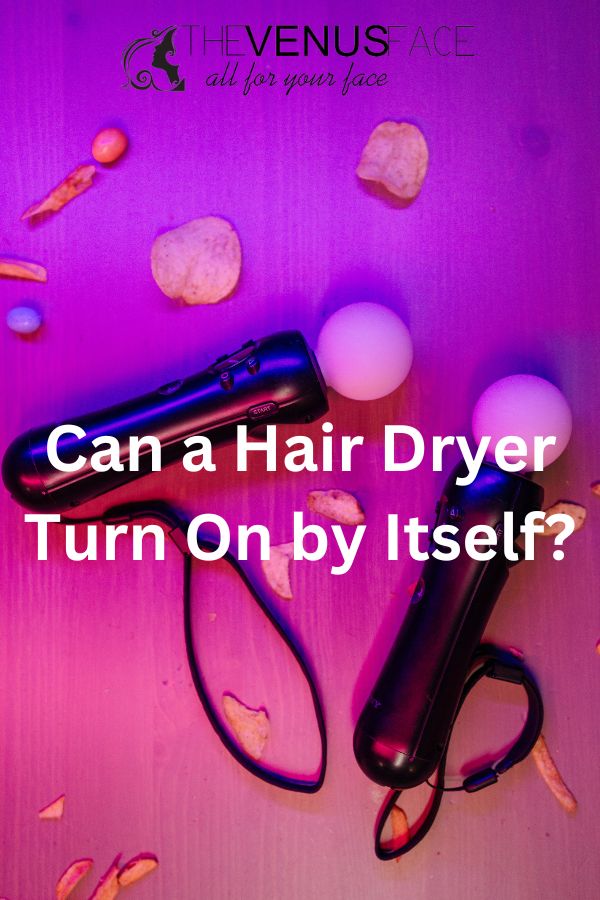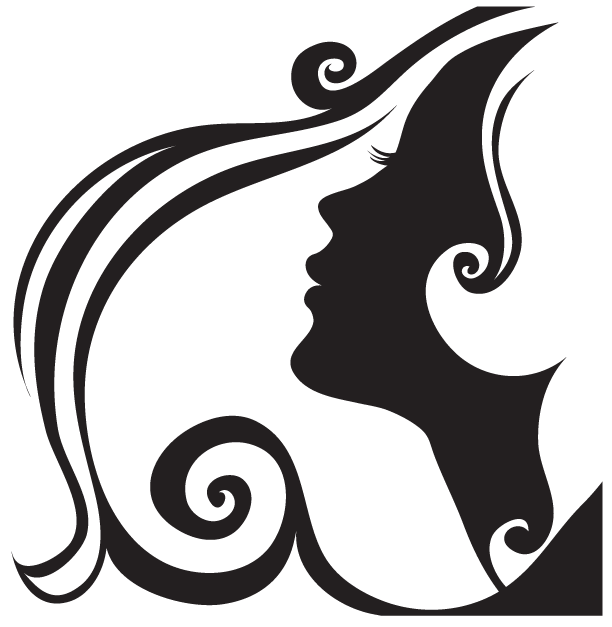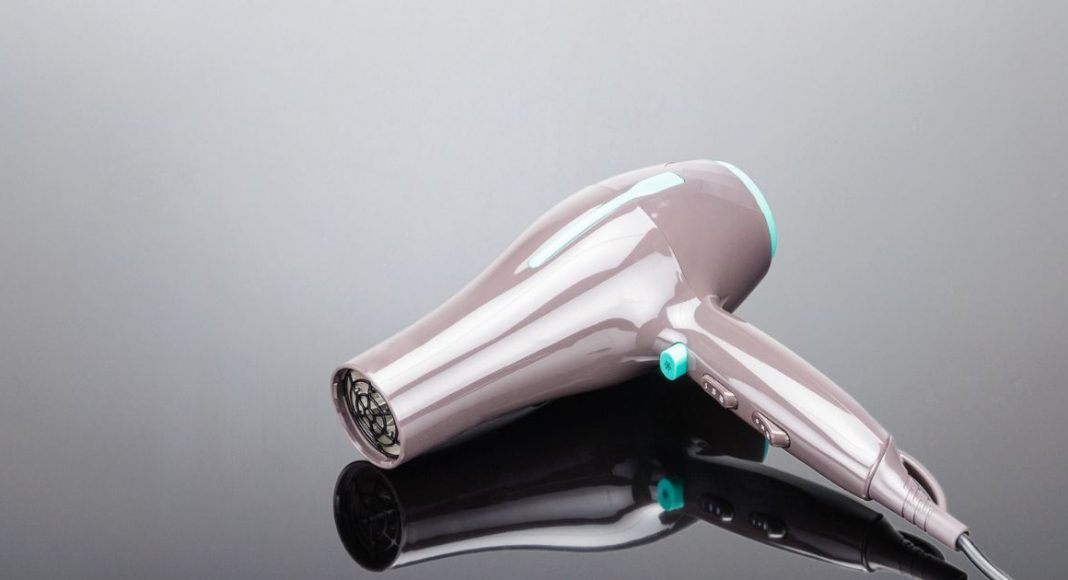Hair dryers are essential tools for drying and styling our hair, providing convenience and efficiency in our daily routines. However, it may raise concerns if a hair dryer turns on unexpectedly without any apparent reason or human interaction. This leads to the question: Can a hair dryer turn on by itself? Understanding the potential causes behind such incidents is crucial in ensuring safety and addressing any underlying malfunctions. In this discussion, we will explore the possibilities and shed light on the factors that may contribute to a hair dryer unexpectedly powering on without user input.

Can a hair dryer turn on by itself?
Hair dryers are not designed to turn on by themselves. They typically require manual activation through the power switch or buttons on the appliance. If a hair dryer turns on unexpectedly without any interaction, it could indicate a malfunction or electrical issue. In such cases, it is recommended to unplug the hair dryer immediately and discontinue its use until the problem is resolved. There are several potential reasons why a hair dryer may turn on spontaneously, including a faulty switch, an electrical short circuit, or a power surge. It is advisable to have the hair dryer examined and repaired by a qualified professional or contact the manufacturer for assistance.
More: Can the hair dryers run on inverters?
Do hair dryers have fuses?
Hair dryers generally do not have fuses in the traditional sense. Instead, they often incorporate a thermal fuse as a safety feature to prevent overheating and potential damage. The thermal fuse is a small device that is designed to cut off the power to the hair dryer if the temperature exceeds a certain threshold. This helps protect the hair dryer from electrical malfunctions and reduces the risk of fire or other hazards.
When the hair dryer reaches a high temperature, the thermal fuse reacts by interrupting the electrical circuit and shutting off the power. Once the hair dryer cools down, the thermal fuse resets itself, allowing the device to function again. In some cases, if the thermal fuse is triggered repeatedly or becomes faulty, it may need to be replaced to restore the hair dryer’s functionality.
It’s worth noting that while hair dryers may not have traditional fuses, they can still experience other electrical issues such as circuit overload or short circuits. These issues can cause a hair dryer to stop working or blow a fuse in the circuit breaker. In such cases, addressing the underlying electrical problem, such as reducing the number of appliances on the same circuit or updating outdated home wiring, may be necessary to prevent further issues.
More: How Long Can a Hair Dryer Run?
Do hair dryers have GFCI?
Hair dryers can have ground-fault circuit interrupters (GFCIs) as a safety measure. GFCIs are designed to protect against electrocution by interrupting the flow of electricity if an electrical device comes into contact with water or experiences a ground fault. According to the UL 859 standard for household electric grooming appliances, which includes hair dryers, they are required to be constructed either with an integral GFCI or an integral protective device of another type that de-energizes all current-carrying parts in the event the appliance is accidentally immersed in water.
The installation of GFCIs in bathrooms, where hair dryers are commonly used near bathtubs and water basins, is required by the National Electrical Code (NEC) in new or renovated bathrooms. However, it’s worth noting that older homes may not have had GFCI outlets installed if they have not undergone renovation. In such cases, the hair dryers themselves are required to have integral GFCIs or similar protective devices to ensure safety.
It is important to follow safety guidelines and use hair dryers responsibly to minimize the risk of electrical accidents. If you have specific concerns or questions about the safety features of a particular hair dryer model, it’s recommended to consult the manufacturer’s documentation or contact their customer support for accurate and up-to-date information.
More: Can a Hair Dryer Kill Ticks?
Do hair dryers lose power?
Hair dryers can indeed lose power over time, depending on factors such as their quality, maintenance, and frequency of use. The average lifespan of a hair dryer ranges from two to seven years, with higher-quality dryers tending to last longer. However, some high-end brands like Dyson claim their hair dryers can last for more than 10 years.
Regular cleaning of the lint filter and proper storage can help maintain the performance and longevity of a hair dryer. Neglected dryers are more likely to experience a decrease in power over time. Additionally, higher-quality products generally have a longer lifespan. While basic hair dryers can be relatively affordable, prices increase as the quality improves, with high-end models reaching hundreds of dollars.
The wattage of a hair dryer also plays a role in its power output. Hair dryers typically range from 800 to 3500 watts, with the average wattage being around 1800 watts. Higher-wattage hair dryers produce more heat and airflow, enabling faster drying, which is particularly useful for individuals with long or thick hair. However, it’s important to note that using a hair dryer with excessive wattage can potentially damage the hair.
In terms of electricity usage, hair dryers generally consume between 1500 and 2000 watts, depending on the model. The amount of electricity a hair dryer uses depends on how frequently it is used. For example, using a hair dryer for 10 minutes per day would result in approximately 9.13 kilowatt-hours of electricity consumption per month and 109.5 kilowatt-hours per year. These figures can vary based on the wattage of the hair dryer and the duration of usage.
More: Differences Between Blow Dryers and Hair Dryers
Why does my blow dryer keep shutting off?
If your blow dryer keeps shutting off, there could be several possible reasons for this issue. Here are some potential causes and solutions based on the information provided:
Restricted airflow
Over time, dust and debris can accumulate in the air intake screens or the “tunnel” where the heating element is located, leading to restricted airflow. This can cause the blow dryer to overheat and shut off as a safety measure. Cleaning the air intake screens and ensuring there is no buildup in the heating element tunnel can help resolve this issue.
Motor overheating
If the blow dryer stops after a few minutes of use, the motor may be overheating. This can happen if the motor is faulty or if it’s been running for an extended period. Waiting for the motor to cool down before using the blow dryer again can help determine if overheating is the cause. If the motor is indeed overheating, it may need to be replaced.
Faulty thermal fuse
Some blow dryers have a thermal fuse, which is a safety device that cuts off power to the dryer if it detects overheating. If the thermal fuse is faulty or blown, it can cause the blow dryer to shut off. In such cases, replacing the thermal fuse is necessary.
Electrical issues
There could be underlying electrical problems causing the blow dryer to shut off. If the power cord is damaged or if there are issues with the outlet, it can interrupt the operation of the blow dryer. Checking the power cord and trying a different outlet can help identify and resolve electrical issues.
Other potential causes
In addition to the above reasons, other factors such as a faulty door latch or switch, moisture sensor issues, a broken drum belt, or problems with the blower wheel could also contribute to the blow dryer shutting off. Inspecting these components and addressing any faults or malfunctions can help resolve the issue.
It’s important to note that without further specific details about the blow dryer model or any additional symptoms, it’s challenging to provide an exact diagnosis. If the problem persists after attempting basic troubleshooting, it may be best to consult a professional technician or contact the manufacturer for further assistance.
More: Can You Wear Earbuds Under a Hair Dryer?
Can a hair dryer turn off by itself?
Hair dryers can turn off by themselves under certain circumstances. Here are the possible reasons why a hair dryer may turn off automatically:
Overheating
Many high-quality hair dryers are equipped with a thermal safety feature that automatically shuts off the device when it detects excessive heat. Overheating can occur due to factors such as prolonged use, clogged air vents, or a blocked filter. If the hair dryer becomes abnormally hot or emits a burning smell, it is likely due to overheating. In such cases, waiting for about ten minutes can often resolve the issue. However, if the problem persists or repeats, further investigation is recommended.
Component failure
In rare cases, a hair dryer may turn off on its own due to a hardware failure. This could involve a malfunctioning internal component responsible for cooling, temperature regulation, or ventilation, such as the fan, thermal fuse, or electronic card. Power failure, bad contact in the connectors, or issues with the On/Off switch or motor can also cause automatic shutdown.


